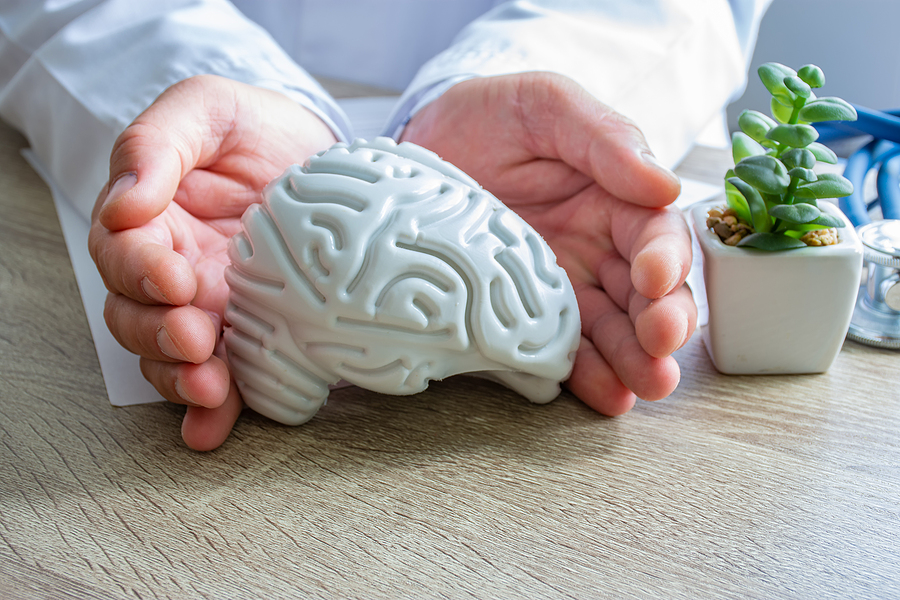Navigating the tumultuous waters of substance use disorder while balancing educational goals is a formidable challenge. Transitioning from recovery back into the rigors of academic life requires dedication, resilience, and a concrete strategy. Yet, it is a journey that can lead to personal triumph and academic success. In this article, we will explore the multifaceted approach to overcoming substance use disorder and re-integrating into the educational system.
Understanding Substance Use Disorder and Its Impact on Education
Table of Contents
Substance use disorder significantly disrupts an individual’s life, including their academic pursuits. The disorder often leads to absenteeism, cognitive impairments, and an overall decline in academic performance. Students dealing with addiction may find it difficult to keep up with coursework, maintain attendance, and live up to their academic potential.
Furthermore, the social stigma associated with substance use can lead to isolation and mental health challenges for students. This can create an environment where recovery feels out of reach and education takes a back seat. Overcoming these challenges is paramount for not just sobriety, but also for a successful return to school.
Recognition of the problem is the first step in seeking help. Specialized rehabilitation centers such as the Exclusive Hawaii Rehab provide customized treatment plans that address both the addiction and its psychological underpinnings. It’s in such environments that recovery journeys often begin.
Additionally, educational institutions are critical in supporting students through their recovery. By promoting a positive environment and offering appropriate resources, schools can foster a supportive atmosphere for those ready to overcome their substance use disorder.
Tailoring a Return-to-School Plan After Recovery
Returning to school requires a plan personalized to educational needs and recovery support. This begins with a conversation with academic advisors to determine a realistic course schedule and any necessary accommodations. Transparent communication about one’s recovery journey can secure a support network within the educational institution.
It is equally important to develop a strategy that embraces a balanced lifestyle. This involves time management skills to dedicate sufficient time for studies, recovery meetings, self-care, and relaxation. The aim is to create a sustainable routine aligned with education and recovery.
The education system has pathways for those resuming their studies post-recovery, such as the University of Cincinnati Bachelor’s in ECE, which offers a flexible model for students to pursue their careers, acknowledging that each student has a unique life situation.
Additionally, students should be encouraged to engage in activities and clubs promoting community and belonging. Immersion in school culture can be profoundly healing and provide a positive distraction from recovery challenges.
Essential Steps in Overcoming Substance Use for Academic Success
The initial step in overcoming substance use is acknowledging the need for assistance and actively seeking support. This often involves a combination of medical treatment and therapy to address both physical dependency and psychological factors. Achieving sobriety is a key milestone, marking the transition towards a balanced life and academic reconsideration.
After securing sobriety, maintaining it becomes the next focus. This requires enacting coping strategies learned during recovery to manage stressors and triggers in a school environment. Developing a daily routine that includes healthy activities and self-care is critical for focusing on recovery and studies.
Recovery must never be rushed, especially when academics are on the line. One should proceed with one’s education at a pace that doesn’t compromise recovery. This might mean taking a lighter course load or utilizing academic support services to ease the transition back into the rigors of schoolwork.
Lastly, establishing clear goals for sobriety and education can provide a roadmap for success. Having measurable targets ensures that a student in recovery has a vision of success that guides their actions and helps them make strategic decisions in their academic pursuits.
Altogether, overcoming substance use disorder to reclaim one’s educational journey constitutes a profound transformation that embodies hope and resilience. With the right strategies, supports, and resources in place, students in recovery can achieve both sobriety and academic success. This journey may not be without its challenges, but the rewards of a brighter, self-determined future make each step worthwhile.
Image Source: BigStockPhoto.com (Licensed)
Related Categories: Education, Advice, Health, Reviews








